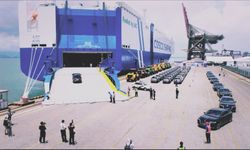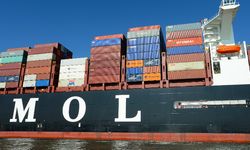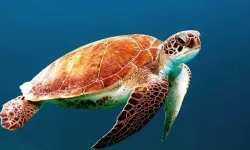Countries like Cyprus, Czech Republic, Finland, Germany, Greece, Italy, Latvia, Poland, and Slovenia expressed concerns about the EU's proposal. They argued that unilateral action by Europe might not have a significant impact and suggested that the International Maritime Organisation (IMO) should lead the way in addressing this issue.
The ministers emphasized the importance of ongoing discussions within the IMO on plastic pollution. They believe that any decisions made at the international level should guide the EU's actions. However, some countries, like Finland and Slovenia, hinted that they might reconsider their stance if the outcomes of these talks were unsatisfactory.
Others, like Germany, raised concerns about potential trade and competition issues associated with EU-only measures. They stressed the need for global solutions through the IMO.
On the other hand, Portugal and Bulgaria supported the idea of discussing the matter within the IMO but urged the EU not to wait indefinitely for international action.
Environment Commissioner Virginijus Sinkevicius assured that the EU would not implement measures that could harm the competitiveness of European industries. Instead, they would align with developments at the IMO.
Meanwhile, the European Parliament voted to include maritime transport in the proposed regulations. This decision sets the stage for negotiations between the Parliament and national governments.
The urgency of addressing marine microplastic pollution became apparent after millions of plastic pellets washed up on beaches in Spain and Portugal earlier this year.
The topic will continue to be discussed in upcoming EU meetings, with the legislative process expected to resume after the EU elections in June.






